News
-
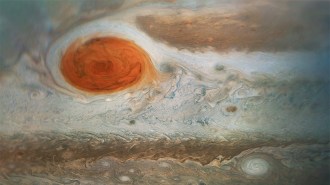 Planetary Science
Planetary ScienceJupiter’s Great Red Spot may be less than 200 years old
An analysis of images spanning hundreds of years suggests a dark spot spied in the late 1600s and early 1700s is distinct from the Red Spot seen today.
-
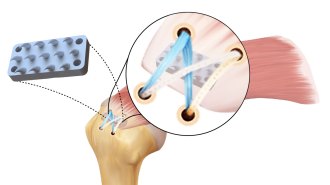 Health & Medicine
Health & MedicineThis python-inspired device could make rotator cuff surgeries more effective
A new device, modeled after a python’s teeth and grip, could double the strength of rotator cuff repairs and prevent retearing after surgery.
By Claire Yuan -
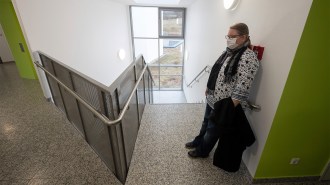 Health & Medicine
Health & MedicineRogue antibodies may cause some long COVID symptoms
Tissue-targeting antibodies have been a key suspect in long COVID. Now, two studies show that antibodies from patients can cause symptoms in mice.
By Meghan Rosen -
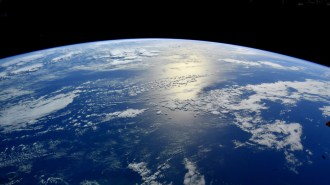 Planetary Science
Planetary ScienceSulfur was key to the first water on Earth
Hydrogen bonded with sulfur may have given our world its first water after the hydrogen broke away and joined with oxygen in the planet’s crust.
By Ken Croswell -
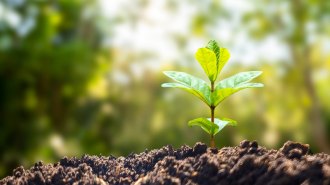 Climate
ClimatePlants might not hold on to carbon as long as we thought
Radiocarbon from bomb tests reveals that plants store more carbon than previously estimated in leaves and stems, which are vulnerable to degradation.
-
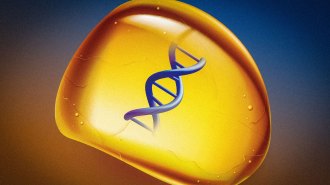 Materials Science
Materials ScienceJurassic Park’s amber-preserved dino DNA is now inspiring a way to store data
DNA is capable of encoding all sorts of data. Storing it in an amberlike material may keep that information safe for nearly forever.
By Payal Dhar -
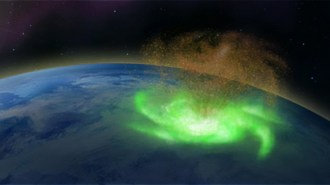
‘Space hurricanes’ churn at both of Earth’s magnetic poles
The southern hemisphere’s ionosphere experiences about 23 space hurricanes per year, which is on par with the northern hemisphere.
-
 Humans
HumansWorld record speeds for two Olympics events have fallen over time. We can go faster
The human body can go faster in the 100-meter dash and the 50-meter freestyle. But to reach full potential, our technique must be perfect.
-
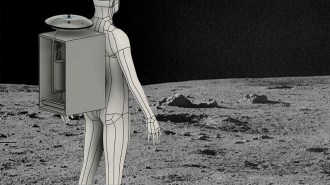 Space
SpaceA Dune-inspired spacesuit turns astronaut pee into drinking water
The spacesuit design collects urine, filters it, adds electrolytes and stores the cleaned water for the astronaut to drink.
By Adam Mann -
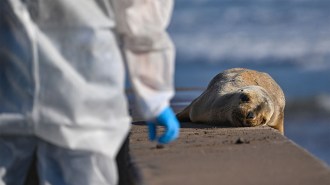 Health & Medicine
Health & MedicineBird flu has been invading the brains of mammals. Here’s why
Although H5N1 and its relatives can cause mild disease in some animals, these viruses are more likely to infect brain tissue than other types of flu.
-
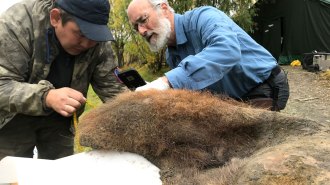 Genetics
GeneticsFreeze-drying turned a woolly mammoth’s DNA into 3-D ‘chromoglass’
A new technique for probing the 3-D structure of ancient DNA may help scientists learn how extinct animals functioned, not just what they looked like.
-
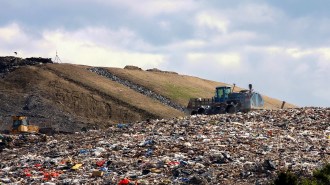 Environment
EnvironmentLandfills belch toxic ‘forever chemicals’ into the air
An analysis of samples from three Florida landfills shows that landfill gas can carry more PFAS than the liquid that leaches from the waste.
By Nikk Ogasa